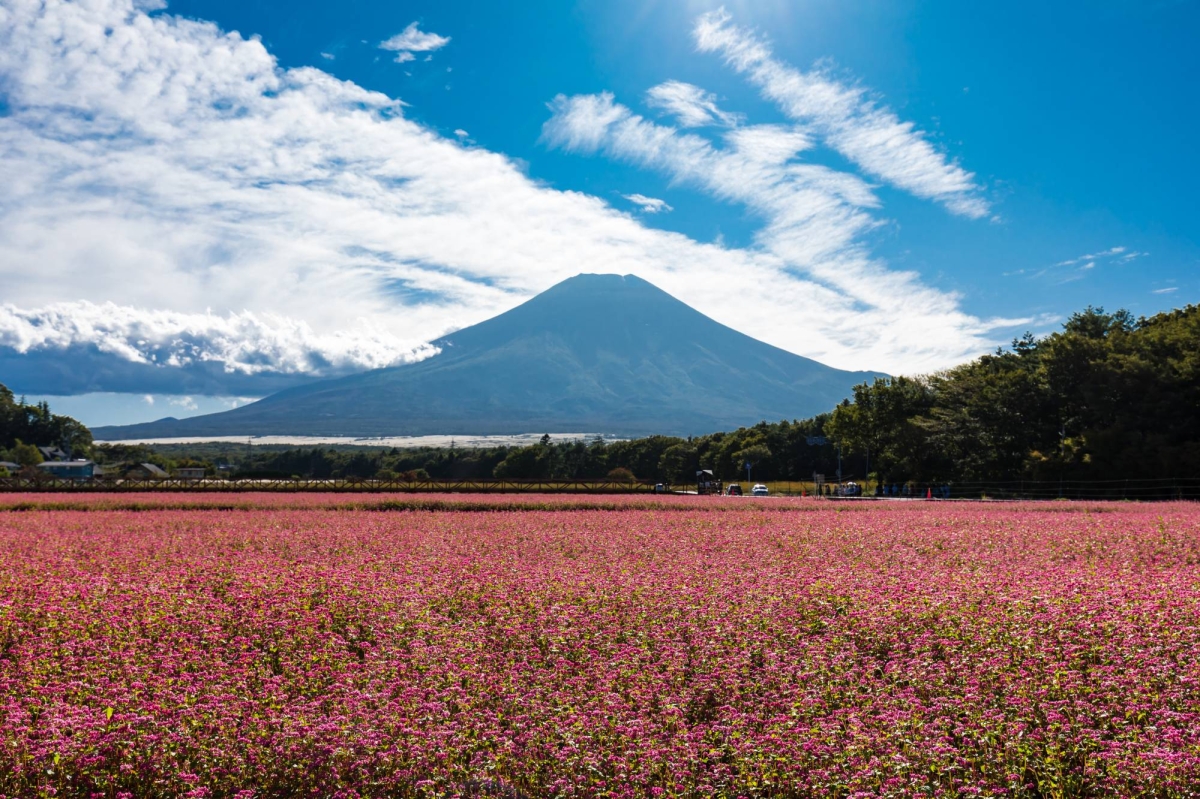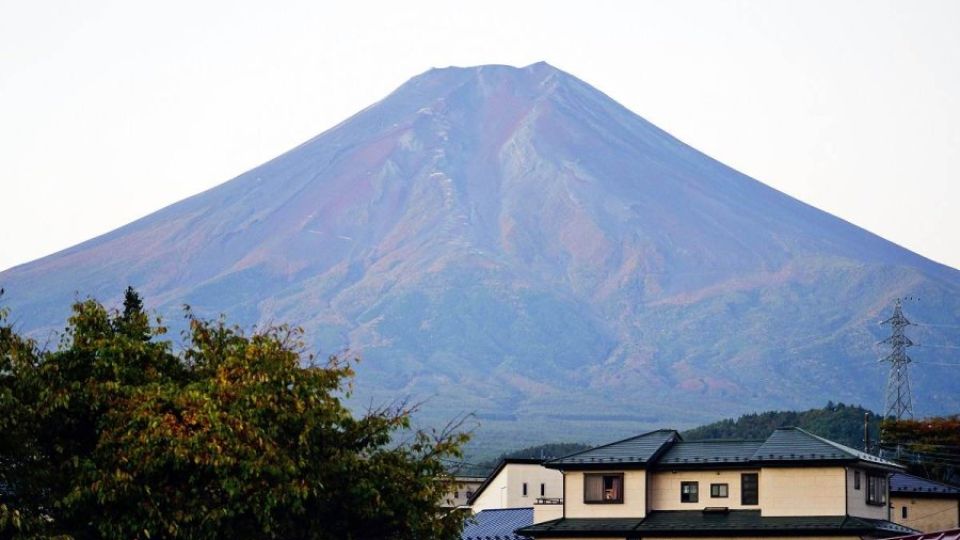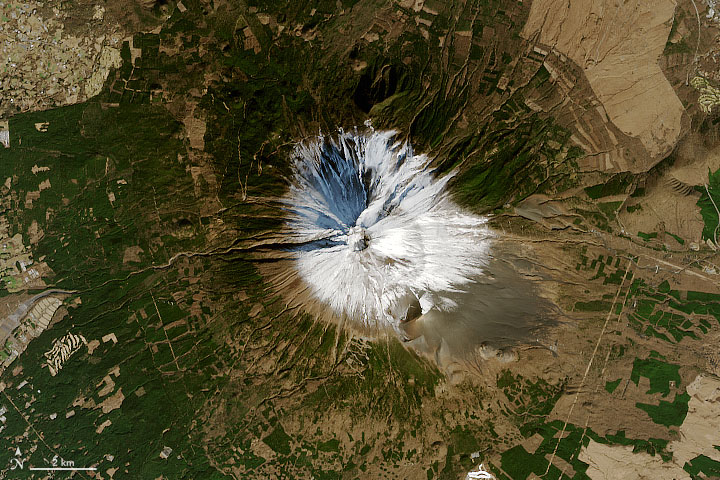Delay in Mount Fuji snowcap formation breaks record
Mount Fuji remained snowless as of Monday, the latest date that its majestic slopes have been bare since records began 130 years ago, the weather agency said.
The volcano's snowcap begins forming on Oct. 2 on average, and last year snow was first detected there on Oct. 5.
But because of warm weather, this year no snowfall has yet been observed on Japan's highest mountain, said Yutaka Katsuta, a forecaster at Kofu Local Meteorological Office.
That marks the latest date since comparative data became available in 1894, he said beating the previous record of Oct. 26 — seen twice, in 1955 and then in 2016.
"Temperatures were high this summer, and these high temperatures continued into September, deterring cold air," which brings snow, Katsuta said.
He agreed that climate change may have some impact on the delay in the snowcap's formation.
Japan's summer this year was the joint hottest on record — equaling the level seen in 2023 — as extreme heatwaves fueled by climate change engulfed many parts of the globe.
Mount Fuji is covered in snow for most of the year, but during the July-September hiking season, more than 220,000 visitors trudge up its steep, rocky slopes.
Many climb through the night to see the sunrise from the 3,776-meter summit.
Fewer climbers tackled Mount Fuji this year, however, after Japanese authorities introduced an entry fee and a daily cap on numbers to fight overtourism.
The symmetrical mountain has been immortalized in countless artworks, including Hokusai's "Great Wave."
It last erupted around 300 years ago.
Still no snow on Japan's Mount Fuji, breaking record

The volcano's snowcap begins forming on October 2 on average, and last year snow was first detected there on October 5.
But because of warm weather, this year no snowfall has yet been observed on Japan's highest mountain, said Yutaka Katsuta, a forecaster at Kofu Local Meteorological Office.
That marks the latest date since comparative data became available in 1894, he said beating the previous record of October 26—seen twice, in 1955 and then in 2016.
"Temperatures were high this summer, and these high temperatures continued into September, deterring cold air" which brings snow, Katsuta told AFP.
He agreed that climate change may have a degree of impact on the delay in the snowcap's formation.






No comments:
Post a Comment